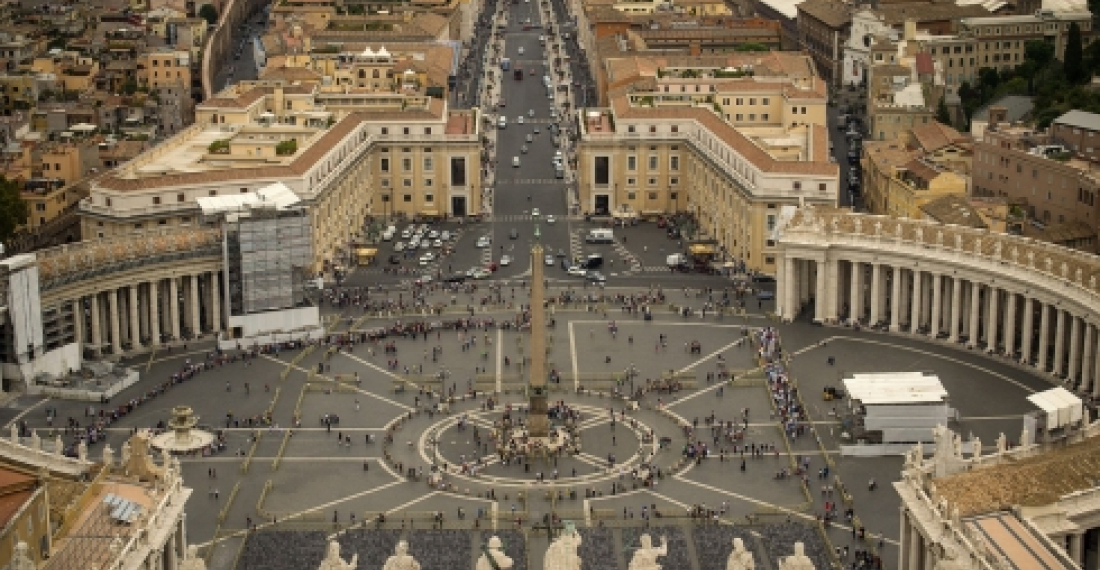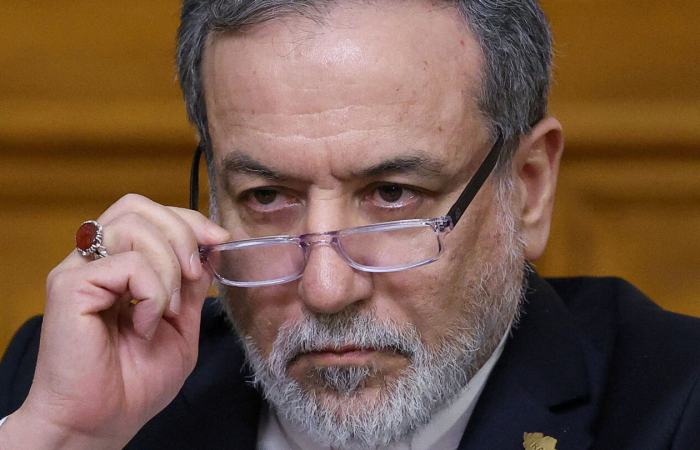"Визит Папы в Армению стоит рассматривать как первую часть поездки, в результате которой в 2016 году он посетит три народа Кавказского региона. Вторая часть запланирована с 30 сентября по 2 октября, Папа посетит Азербайджан и Грузию".
Об этом сообщил директор пресс-службы Святого Престола, отец Федерико Ломбарди, во вторник (21 июня), проинформировав журналистов также о том, что 3-х дневный визит Франциска в Армению пройдет с 24-26 июня. Он сказал, что этот визит подчеркивает желание Папы показать свою близость ко всему народу Армении, народу которой так много страдал за свою долгую историю, и, что он разделяет их стремление к миру, цитирует слова отца Федерико Ломбарди Радио Ватикана.
Население Армении составляет 3,3 миллиона человек, но её диаспора за границей насчитывает намного больше. До 10 миллионов человек армянского происхождения, проживают за пределами страны, в основном в России и Соединенных Штатах. Чуть более 9 процентов населения Армении являются католиками.
Экуменизм является ключевым направлением поездки Папы в Армению, в ответ на визит в Ватикан в апреле 2015 г. Католикоса Гарегина II, Патриарха всея Армении, в ходе которого в соборе Святого Петра в честь столетия со дня массового убийства армян османскими войсками в 1915 году была проведена месса.
источник: commonspace.eu по материалам Радио Ватикана
фото: Ватикан (фото из архива)







